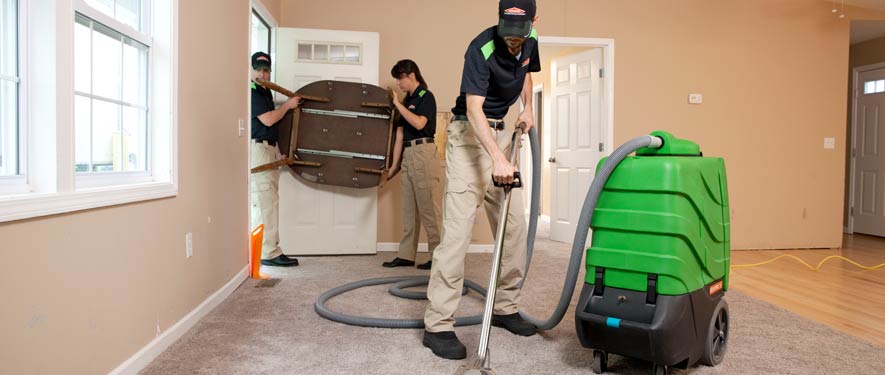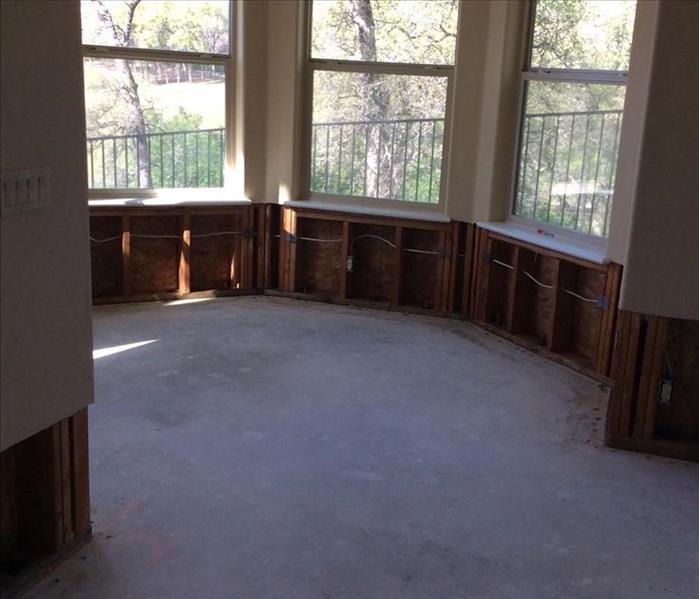
Step 3: Water Removal / Water Extraction
After SERVPRO of Auburn / Rocklin has completed the inspection and damage assessment step, the water extraction process can begin. This step removes the majority of the water. We use powerful pumps and truck – mounted vacuum units to quickly remove hundreds or thousands of gallons of water from your property. Removing the water quickly and immediately like this will help reduce the chance of secondary damages, like mold or bacterial growth. SERVPRO of Auburn / Rocklin’s highly trained technicians will show up ready to get started right away, with all equipment necessary to begin the removal / extraction process. No matter the size of your loss, we will always come to you aid!
Move-Out / Pack-Out
If your home requires extensive restoration or cleaning, SERVPRO of Auburn/Rocklin can conduct an organized, efficient move-out to protect your belongings from further damage.
- Move-Out Service
Emergency Water Removal
Our highly trained technicians will begin the water removal process almost immediately. Depending on the amount of water, we may use powerful submersible pumps in addition to industrial strength, wet/dry vacuums. Removing most of the water helps reduce drying time and helps prevent secondary water damage and mold and bacterial growth.
- Remove Excess Water
- Use Submersible Pumps and Industrial Wet/Dry Vacuums
Inspect the Carpet Pad and Carpet
We inspect the carpet and pad and determine if they should be removed to protect the subfloor.
- Inspect Carpet Pad and Remove If Needed
- Inspect Carpet and Remove If Needed
Water Removal Equipment
- Moisture detectors, hygrometers, and other meters measure the extent of moisture saturation.
- Infrared cameras may be used to find “hidden” water behind walls and ceilings.
- Submersible and gas-powered pumps are used for continuous pumping of high-level water.
- Truck-mounted and portable extraction units perform efficient water removal.






 24/7 Emergency Service
24/7 Emergency Service




